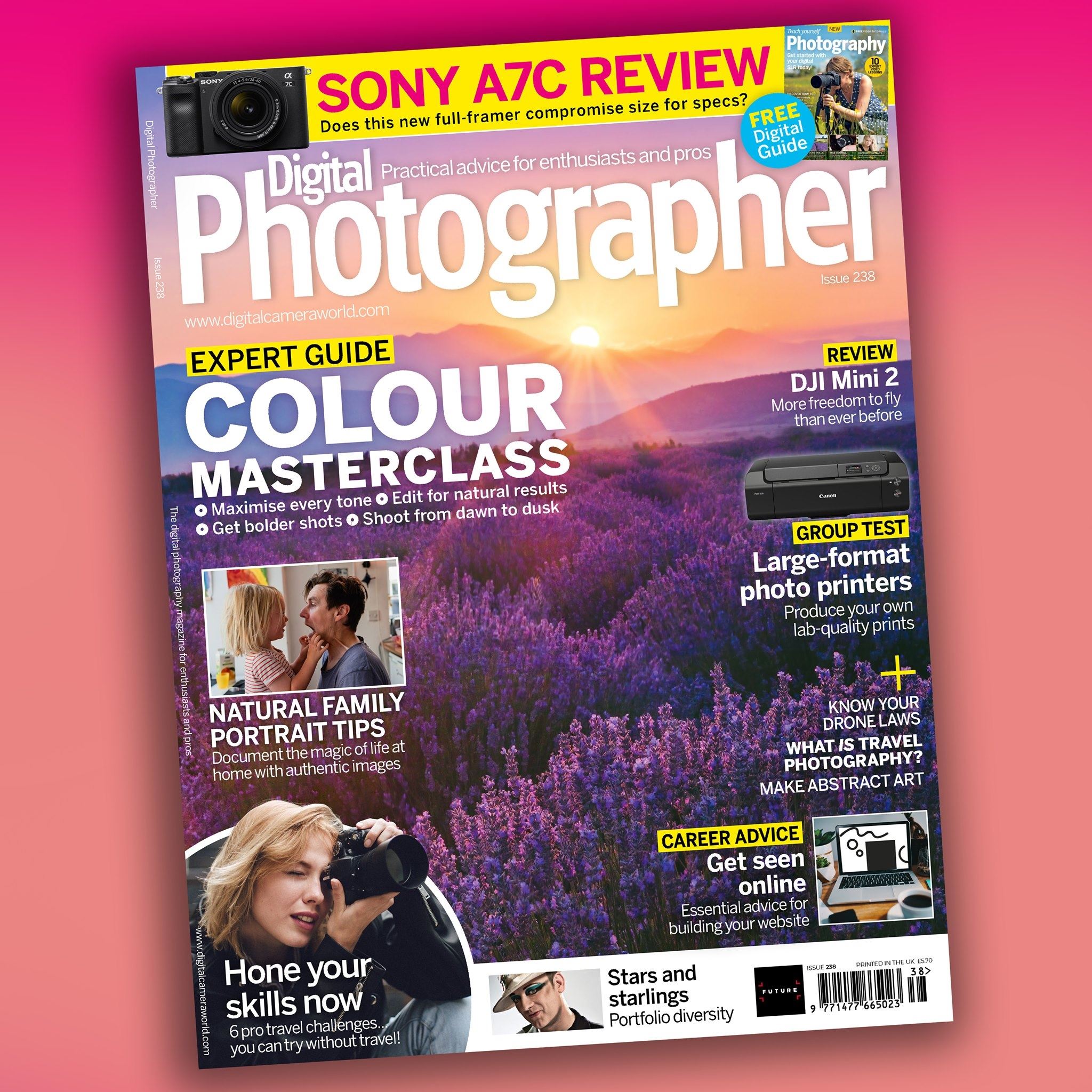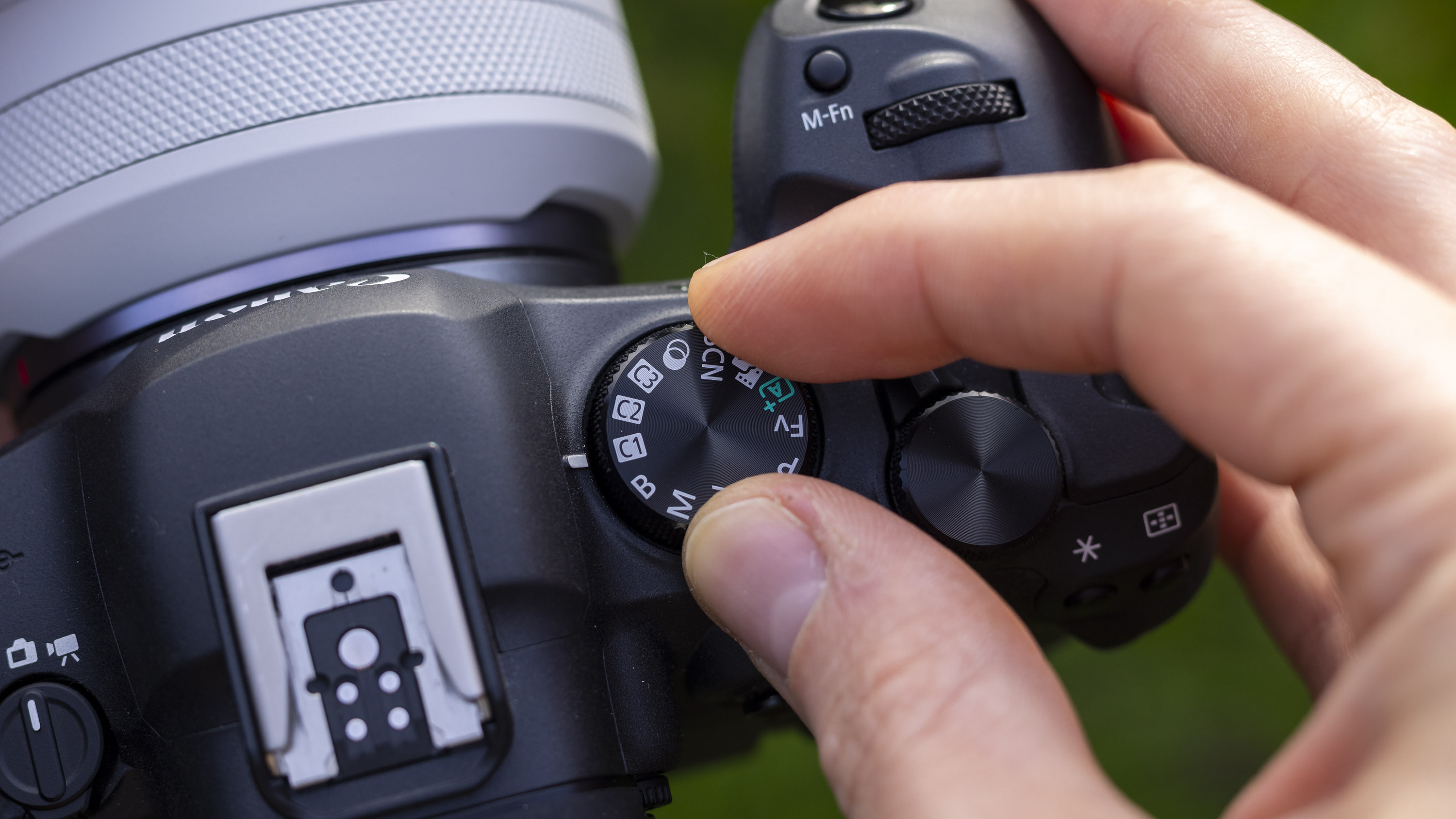194 best professional photography tips from working photographers
Discover some of the best tips for portraits, weddings, landscapes and commercial photography from people who make a living shooting them
168. Try the multiple exposure mode
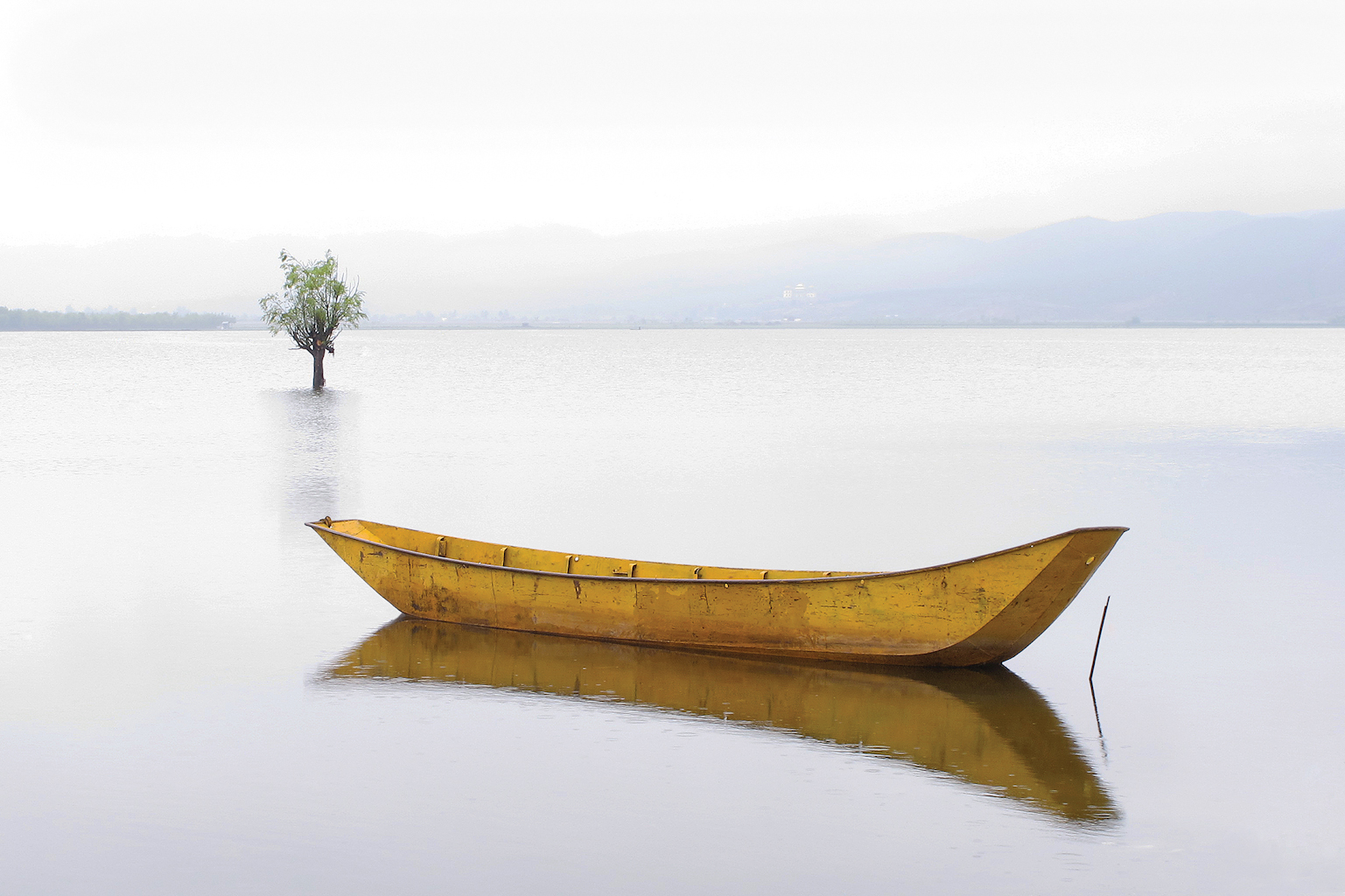
Experiment with the possibilities produced by blending two or more frames in-camera.
169. Zip up your bag properly
This might seem like a mundane and obvious point, but you should always ensure that you do this if you stop along the road to quickly grab a photo. Failing to close your bag fully could result in disaster when you get back home and take it from your backseat.
170. Keep your camera with you
The fastest way to ensure you miss photo opportunities is to leave your camera at home – so don’t do it!
171. Use a lens hood
Many people prefer to ignore these in favour of UV filters or a lens cap, but a lens hood provides an excellent means of protecting your lens from many dangers without sacrificing image quality.
172. Shoot with others
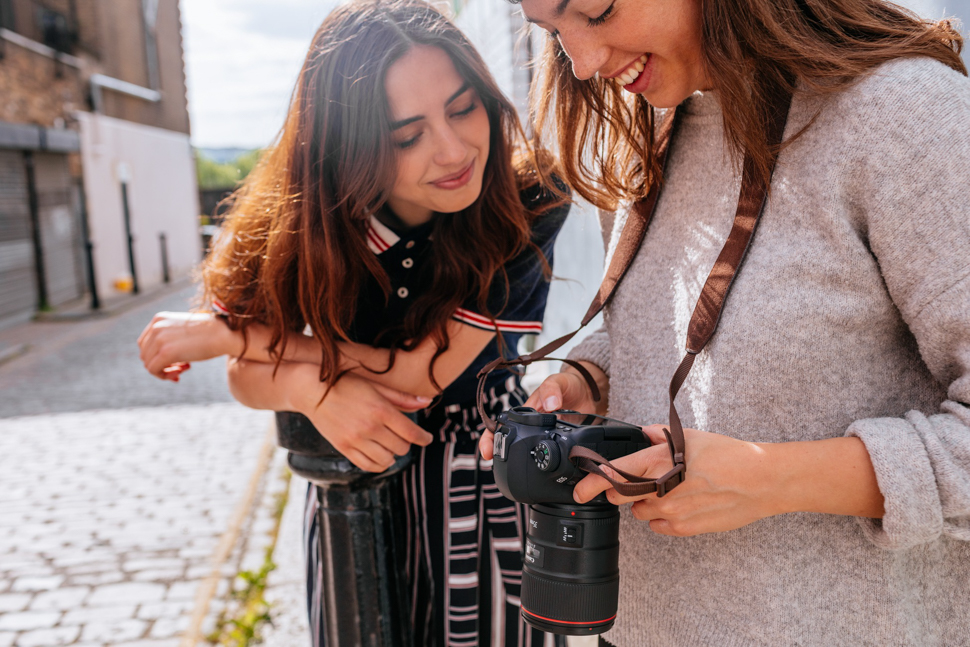
Photographers can be extremely private about what they do and are protective of their knowledge and ideas, but teaming up with another photographer to go out on a shoot will enable you to learn new ideas.
173. Charge a spare battery
Avoid missing shooting opportunities unnecessarily by always carrying a spare,
fully charged battery with you. This means that the chances of lack of power preventing you from snapping are greatly reduced.
174. Make notes
Whether you choose to do this via your smartphone or opt for the traditional pen and paper method, it’s always worth noting down information about lighting or locations that can be used on future shoots.
The best camera deals, reviews, product advice, and unmissable photography news, direct to your inbox!
175. Carry a chamois leather
This can be used to protect your camera in the event of rain or to cover the viewfinder during long exposures. They fold easily and so fit neatly into any bag, so there’s no reason not to have one with you.
176. Don’t rely on mono
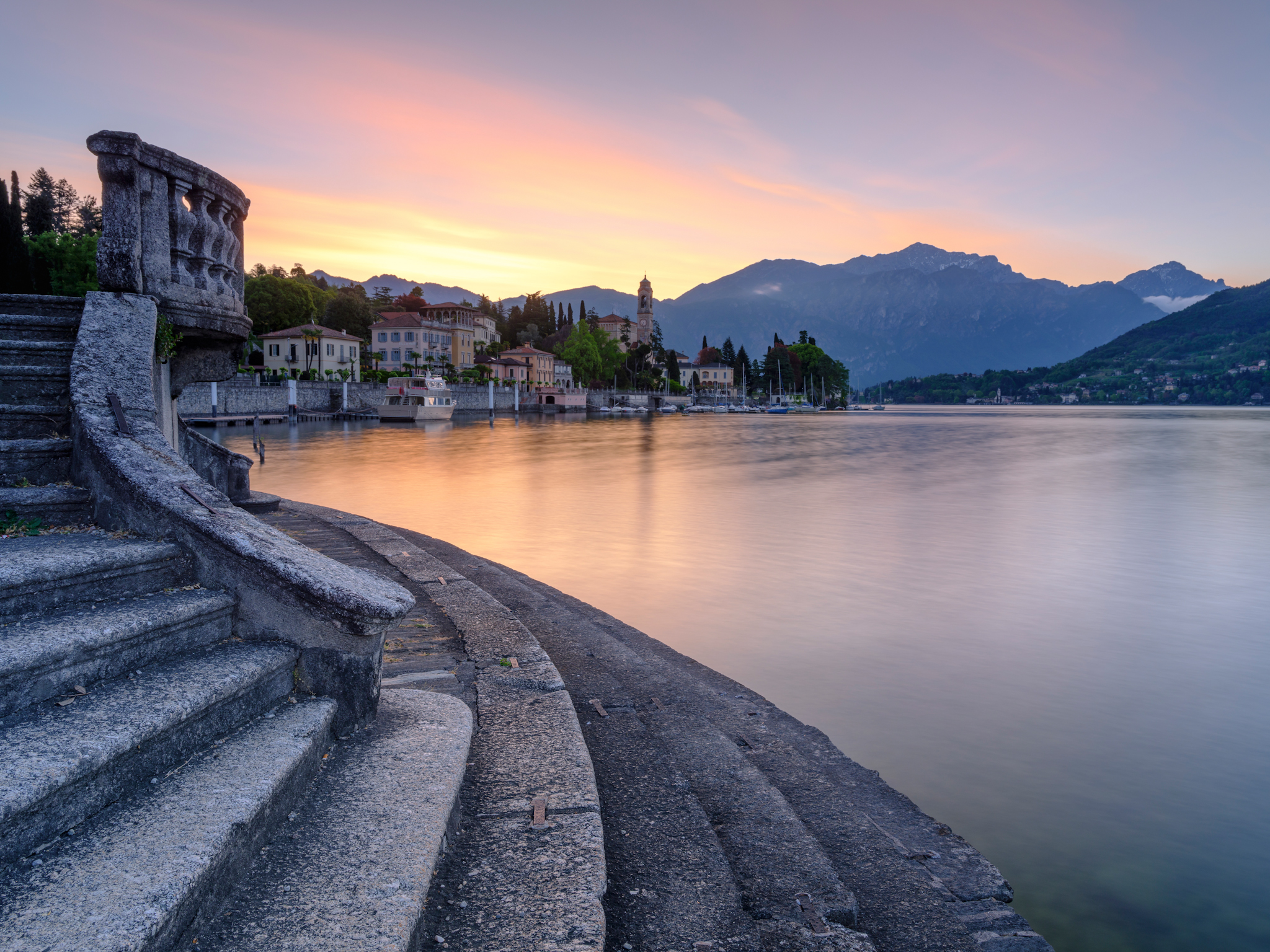
Black and white photography shouldn’t be treated as a means of rescuing failed colour exposures. You’ll rarely achieve mono masterpieces by accident.
177. Customise your camera
Always take the time to explore your camera’s menu and take advantage of the ability that modern cameras offer to customise buttons, modes and dials.
178. Work with local wildlife
Don’t ignore the possibilities offered by photographing birds and other animals in your back garden or local park. It’s tempting to assume that only exotic species will impress competition judges, but because of this assumption, local species are often under-represented.
179. Research your subject
Photography is a technical field, and an artistic one too, but both are immaterial if you don’t have a sound knowledge or passion for your subject matter. Your images will be all the better for it.
180. Experiment with different styles
If there’s a type of photography or a particular look that appeals to you, try it; don’t just stay within your comfort zone. This will help you to improve all aspects of your photography.
181. Don’t review every frame

As you shoot, there’s really no need to keep looking at the back of the camera after every press of the shutter button. It only serves to slow you down and you will miss a great shot sooner or later.
182. Use fill flash correctly
The chief secret behind successful fill flash is to ensure it doesn’t appear to be the dominant light source. Provided it’s used only to lift shadow areas slightly, you’ll be fine.
183. Support your stand
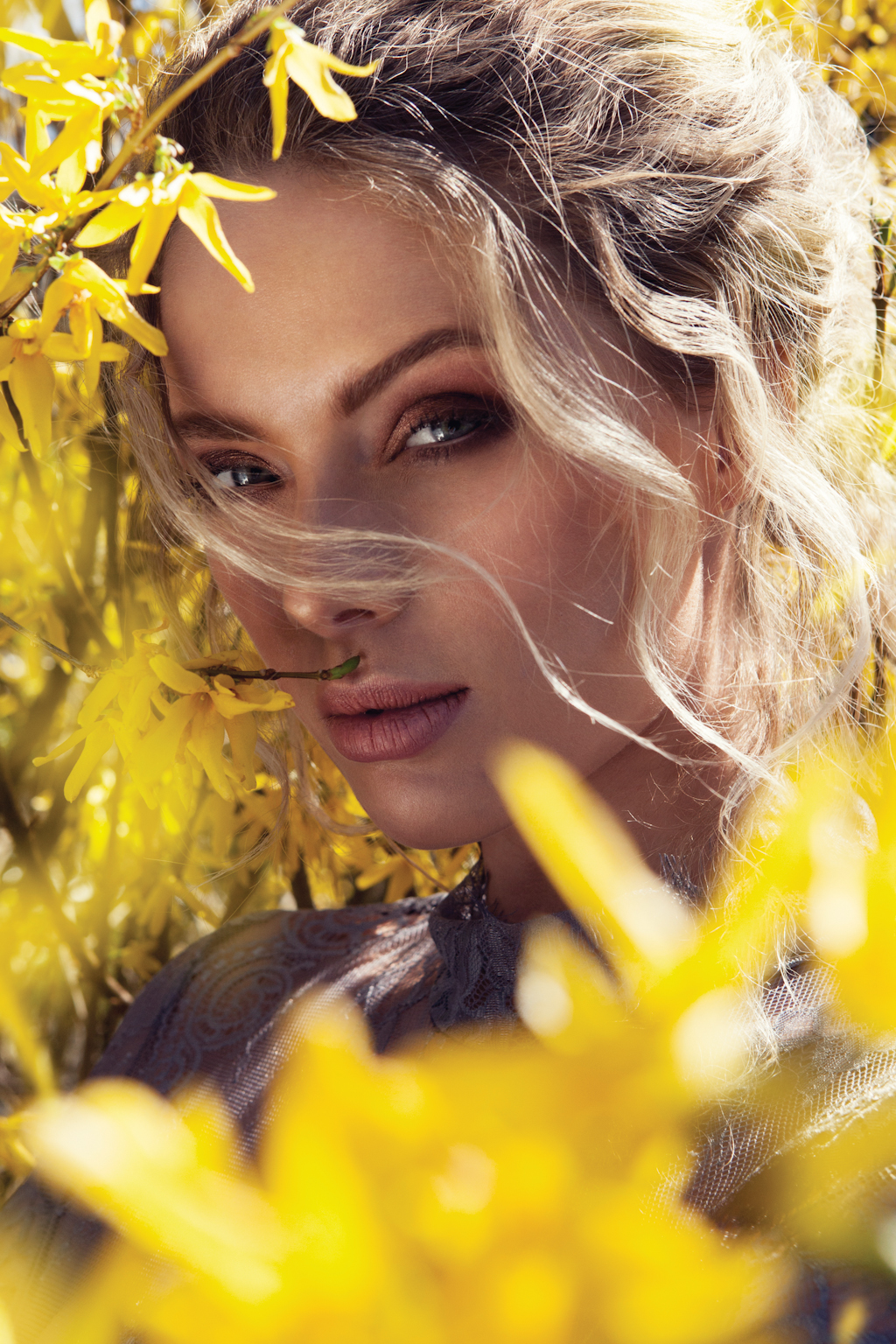
When using flash off-camera and employing flash stands, it’s wise to use supports to ensure the stand doesn’t topple, especially in windy conditions.
184. Print your work
For many digital photographers, this has become somewhat lost amidst the focus on social media and online galleries. But printing your work is very satisfying and results in a tangible end product that you and others can enjoy.
185. Keep it simple
There’s no need to overcomplicate things when it comes to off-camera flash. One key light, and perhaps a second flash as a hair or kicker light, is often all that’s required.
• Best website builders for photographers
Digital Photographer is the ultimate monthly photography magazine for enthusiasts and pros in today’s digital marketplace.
Every issue readers are treated to interviews with leading expert photographers, cutting-edge imagery, practical shooting advice and the very latest high-end digital news and equipment reviews. The team includes seasoned journalists and passionate photographers such as the Editor Peter Fenech, who are well positioned to bring you authoritative reviews and tutorials on cameras, lenses, lighting, gimbals and more.
Whether you’re a part-time amateur or a full-time pro, Digital Photographer aims to challenge, motivate and inspire you to take your best shot and get the most out of your kit, whether you’re a hobbyist or a seasoned shooter.
